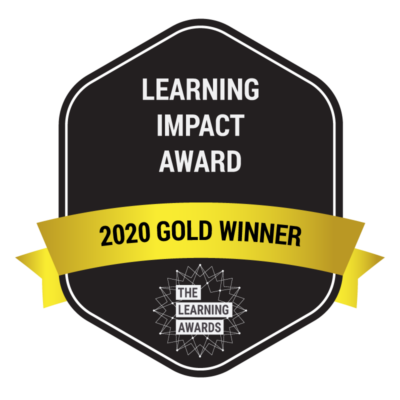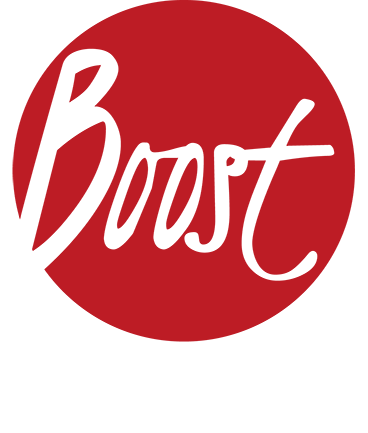Learning impact evaluation
As the first winners of the Learning Awards ‘Learning Impact Award’ Boost is officially recognised as leaders in the field of learning impact evaluation.
Our approach to evaluation is based on our philosophy that good evaluation should combine the two needs of recognising impact, and driving continuous learning and improvement. As such we don’t just assume clients want a single output report, we often recommend continuous and ongoing monitoring of a strategy, curriculum or specific courses.
Suitable for
- Continuous monitoring of a learning strategy, academy or curriculum (also see our Dashboard services)
- Learning vendors seeking to improve their accountability with independent evaluation.
- Small scale projects that just need an inexpensive survey and report.
- Evidence awards applications.
The output of this service
- Appropriate reporting frameworks agreed in advance (whether one PPT deck or a quarterly dashboard).
- A list of desired insights, hypotheses, and things to measure.
- Draft surveys in MS Word initially which can be circulated for sign off.
- An online survey.
- Related communications. e.g. Outbound email copy.
- A report which not only contains your survey findings, but also related objective data, your conclusions and agreed actions.
The service components
- A kick-off call/meeting to:
-
-
- Help you articulate the hypotheses on which your programme/ project success depends.
- Identify appropriate metrics and performance indicators for measuring your hypotheses and assumptions.
- Define the output that will be needed from the evaluation to satisfy stakeholder requirements.
-
- Actions and next steps.
- Assistance in finding and analysing appropriate objective data from around the business (non-survey data).
- GDPR-compliant assistance in sending survey invitations, typically achieving high response rates.
- Setting up online surveys.
- Designing/conducting baseline and post-intervention evaluation methods (both qualitative and quantitative) including surveys, focus groups, interviews, mystery shopping etc.
- An analysis vs the pre-agreed list of desired insights, hypotheses etc.
- An analysis of comments within the survey. Each theme is illustrated using some typical comments (each comment has relevant demographics attributed to it).
- Quarterly or annual reporting (e.g. dashboard).
The Fire Service College employed the services of Boost to carry out a detailed evaluation of a training course delivered to aspiring Incident Commanders for the Fire Sector to measure Return on Investment. Boost were a pleasure to engage with from the first point of contact and truly understood what the desired outcomes were from the evaluation. Following a couple of development meetings a range of evaluation questions were developed and course delegates were informed of the detail of the evaluation. Regular, timely and discrete contact was made with delegates to gather detailed information on the benefits of attending the course and how the course had made a difference in their own performance. The Fire Service College are delighted with the results, information provided and the quality of the presentation provided by Boost. The Fire Service College are now using this information as a case study in their new prospectus.



